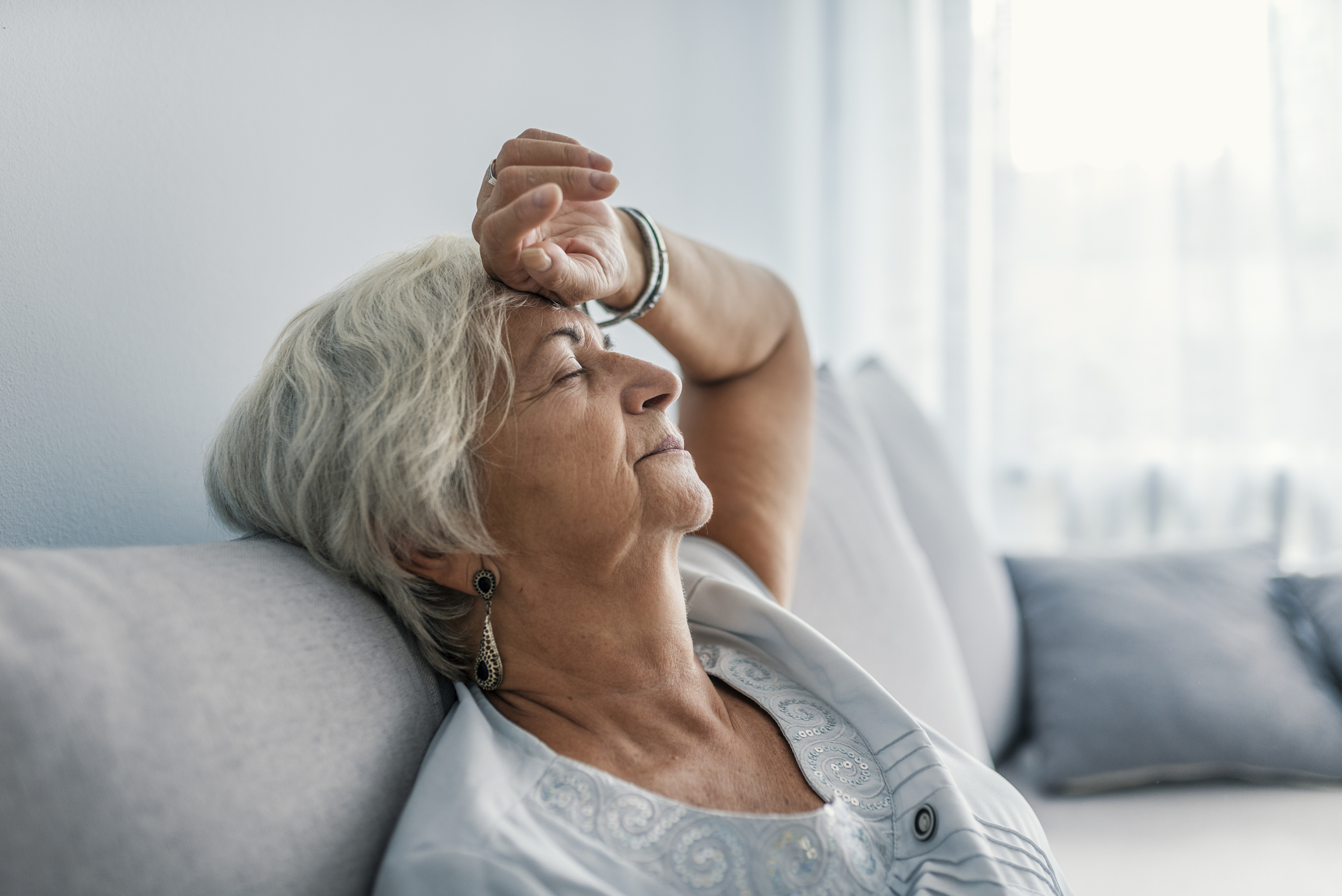
Pinpoint potential causes of chronic fatigue in seniors with these strategies.
Springing our clocks forward left a lot of us feeling sluggish from losing that extra hour of sleep. But before long, our bodies have adjusted to the time change and life goes on. Imagine, however, feeling lethargic and exhausted most of the time, regardless of how much you sleep. Chronic fatigue in seniors is a frustrating reality and can be tough to conquer.
Abby Senior Care, a provider of award-winning senior in home care in Denver and nearby areas, shares some of the contributing factors to chronic fatigue in seniors, which may include:
- Health conditions, such as cancer, heart problems, diabetes, rheumatoid arthritis, and others
- Medication side effects
- Anemia
- Sleep problems
- Anxiety, depression, and grief
- Boredom and loneliness
- Unhealthy lifestyle choices, such as a poor diet, inadequate physical activity, or too much alcohol
There are several strategies older adults can try to regain energy throughout the day. A great place to start is recording the times each day when the fatigue is most impactful. Is it before/after eating? Immediately upon waking up? After a prolonged period of watching TV? After taking certain medications?
Knowing the patterns of fatigue will help pinpoint the cause, and then you can see if any of these strategies help minimize it:
- Schedule a health checkup. Bring the fatigue journal of the senior in your care with you and review it together with his or her physician to rule out any underlying conditions and provide recommendations to help.
- Create – and stick to – a simple fitness program. Regular exercise strengthens the heart, lungs, and muscles while boosting appetite, mood, and overall outlook on life.
- Skip the daytime naps. This is particularly problematic for someone with chronic fatigue, but avoiding naps, especially later in the day, will help foster a significantly better night’s sleep.
- Stop smoking. Smoking can cause a variety of medical problems that reduce energy levels. The doctor can help with a senior’s nicotine addiction if needed.
- Seek mental health counseling. Talking through life’s difficulties with a professional therapist is a perfect way to lessen stress, often resulting in improved sleep patterns. The counselor may also recommend calming techniques like meditation, mindfulness, prayer, or deep breathing exercises your loved one can do at home.
It’s important to realize that that the foods seniors eat can play a major role in fatigue levels. Alicia Arbaje, MD, MPH, a geriatrician at Johns Hopkins, says, “Packaged, processed foods tend to make you feel sluggish and heavy.” Fresh, whole foods are best, together with those containing vitamin B12, found in animal proteins and nondairy fortified milks.
Let Abby Senior Care help an older adult you love with his or chronic fatigue issues. We can ensure medications are taken correctly, prepare nourishing meals, provide motivation and accompaniment to stay physically active, and offer friendly companionship along the way. Call us for a complimentary in-home consultation at 303-699-8840 for more information about how our award-winning senior in home care in Denver and the surrounding area provides a brighter outlook on life for seniors.
